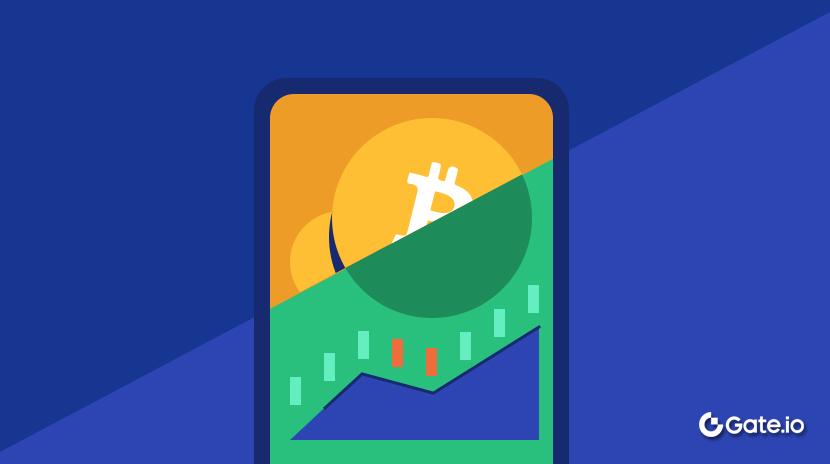fomo

Fear of Missing Out (FOMO) refers to a psychological state where investors are concerned about missing significant investment opportunities, leading them to make hasty investment decisions without adequate research. This phenomenon is particularly prevalent in the cryptocurrency market, characterized by high volatility and prices that frequently experience explosive growth in short periods. FOMO is typically triggered by social media hype, celebrity endorsements, and rapid price increases, causing investors to make decisions based on emotions rather than rational analysis. This psychological state not only affects the financial health of individual investors but also amplifies market volatility, sometimes even triggering price bubbles.
Key Features of FOMO
FOMO in cryptocurrency markets manifests with unique characteristics and influence mechanisms:
- Social Media Amplification: Discussions on Twitter, Reddit, and other social platforms about a token "taking off" spread rapidly, creating a sense of widespread anxiety that prompts people to buy quickly to avoid missing out.
- Price Surge Triggers: When a cryptocurrency's price rises dramatically in a short time, it attracts more investors, forming a self-reinforcing cycle of price increases.
- Limited Thinking Time: In fast-paced market environments, investors often believe they must act immediately, leaving no time for thorough analysis.
- Herd Mentality: Seeing examples of others profiting enhances investors' desire to participate, especially when friends or influencers publicly share success stories.
- Irrational Valuation: Buying pressure from FOMO can push assets far beyond their fundamental value, ignoring the actual technical foundation and application prospects of projects.
Market Impact of FOMO
FOMO has profound effects on cryptocurrency markets, shaping the industry's unique dynamic characteristics:
During bull markets, FOMO can significantly accelerate price increases, driving token values to double in days or even hours. This was particularly evident during the bull markets of 2017 and 2021, when Bitcoin and various alternative coins reached historic highs. Buying waves triggered by FOMO often lead to market bubbles that ultimately end in severe corrections, causing serious losses for late entrants.
Market research indicates that FOMO-driven trading patterns increase systemic market risk, as large numbers of investors simultaneously enter the same assets, raising the possibility of systemic collapse. In extreme cases, FOMO can also create favorable conditions for market manipulators who exploit investors' fears by creating false momentum or exaggerating project prospects.
Risks and Strategies for Managing FOMO
FOMO-driven investment behavior comes with multiple risks that investors should be wary of:
- Buying at the Top: Investors influenced by FOMO often enter the market after prices have already risen significantly, facing higher risk of corrections.
- Insufficient Due Diligence: Eager participants may skip basic project evaluation, increasing the probability of investment failure.
- Excessive Leverage: To pursue greater returns, some investors may use excessive leverage, amplifying potential losses.
- Emotional Decision-Making: FOMO is inherently emotion-driven, causing investors to deviate from their original strategies and risk tolerance.
Prudent investors can adopt these strategies to combat FOMO:
- Develop a clear investment plan and stick to it, including preset entry and exit points.
- Establish independent research habits without blindly following social media opinions.
- Use dollar-cost averaging strategies to spread risk rather than making large one-time investments.
- Set aside dedicated "FOMO funds," limiting the proportion of capital used for high-risk speculation.
- Cultivate a long-term investment mindset, focusing on projects' fundamental value rather than short-term price fluctuations.
FOMO will continue to exist as a fundamental psychological phenomenon in markets, and learning to identify and control this impulse is crucial for surviving in the highly volatile cryptocurrency market.
Share
Related Articles

Exploring 8 Major DEX Aggregators: Engines Driving Efficiency and Liquidity in the Crypto Market

What Is Copy Trading And How To Use It?
